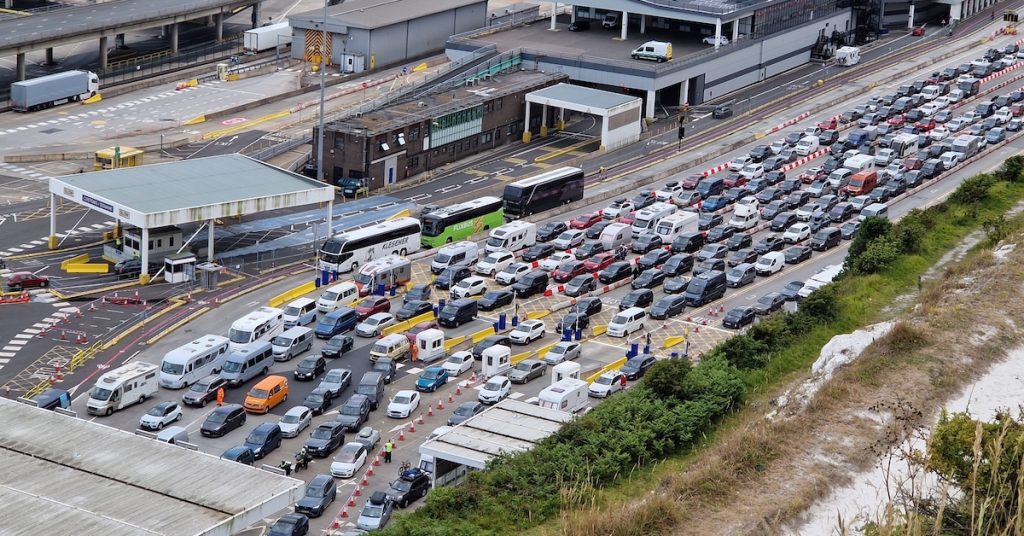The UK’s Dover border zone is set for expansion in preparation for the EU’s impending Entry/Exit System (EES).
This development, overseen by the Home Office, aims to alleviate potential congestion as new biometric checks are implemented, affecting non-EU travellers.
The UK Home Office has announced an expansion of the Dover border control zone, aimed at mitigating congestion anticipated with the introduction of the European Union’s new Entry/Exit System (EES). This decision is strategically targeted to facilitate smoother transit for travellers as the EES is set to enforce stricter biometric checks on non-EU passport holders.
With the new EES, travellers without EU passports will now undergo biometric verification, which includes fingerprinting and photographing upon entry. This process is expected to increase the processing time from 45 seconds to approximately two to three minutes per passenger, potentially leading to significant delays, especially during peak travel periods. The government has acknowledged these challenges and is preparing for their implementation.
In addition to legislative efforts, the government is considering a ‘grace period’ post-implementation. This period would give some flexibility to border staff, allowing them to manage queues effectively by temporarily reducing the number of travellers required to undergo biometric registration under crowded conditions.
Furthermore, tourism chiefs are actively lobbying for a seamless introduction process to ensure that the system’s potential benefits, such as enhanced security and more accurate data recording, are realised without unnecessary disruption to travel flow.
There’s also a call for public awareness campaigns to educate travellers on expected changes in entry procedures, helping them to prepare adequately and minimise delays resulting from confusion at checkpoints.
Travellers will likely experience increased waiting times as the EES comes into effect, impacting their overall travel experience. It is crucial for stakeholders to address these concerns and ensure that travellers are well-informed about what to expect during their journeys.
Collaborative efforts between government agencies and the travel industry will be vital in achieving a successful transition, potentially setting a precedent for future technological integrations in border control processes.
The Dover border expansion signifies a proactive approach to integrating the EU’s Entry/Exit System.
This strategy reflects a commitment to ensuring smoother travel experiences despite new procedural demands.

